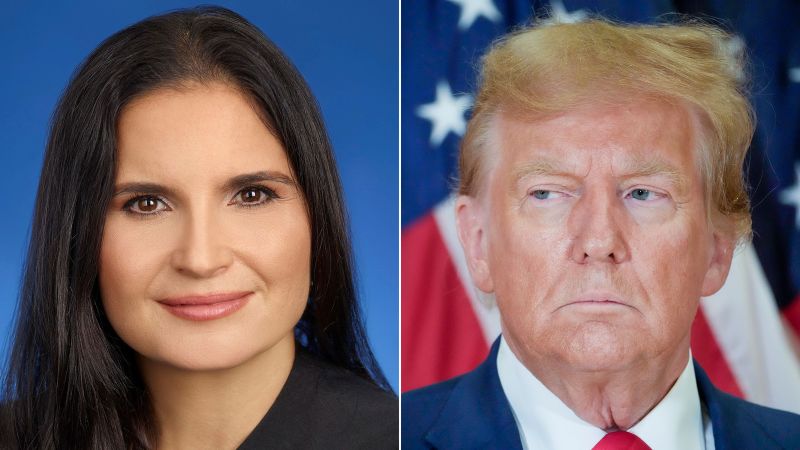From Cannon’s “ORDER DENYING DEFENDANT TRUMP’S MOTION TO DISMISS SUPERSEDING INDICTMENT BASED ON PRESIDENTIAL RECORDS ACT”
Separately, to the extent the Special Counsel demands an anticipatory finalization of jury instructions prior to trial, prior to a charge conference, and prior to the presentation of trial defenses and evidence, the Court declines that demand as unprecedented and unjust [see ECF No. 428]. The Court’s Order soliciting preliminary draft instructions on certain counts should not be misconstrued as declaring a final definition on any essential element or asserted defense in this case. Nor should it be interpreted as anything other than what it was: a genuine attempt, in the context of the upcoming trial, to better understand the parties’ competing positions and the questions to be submitted to the jury in this complex case of first impression. As always, any party remains free to avail itself of whatever appellate options it sees fit to invoke, as permitted by law.



I’m not a specialist, nor lawyer. The discussion I’ve heard so far is that if the judge dismissed the case after the jury is empaneled, but before much (or any) evidence has been presented, then it limits what can be appealed. Appeals can only be done on the case as it was run, not with new evidence, so if she ends it before the prosecution can enter evidence and arguments, then the appeal process might not have much to appeal.
Whether that strategy would actually work to protect the defendant, I don’t know, but it’s currently a scenario being floated by some commentators (who actually are lawyers) watching the case.